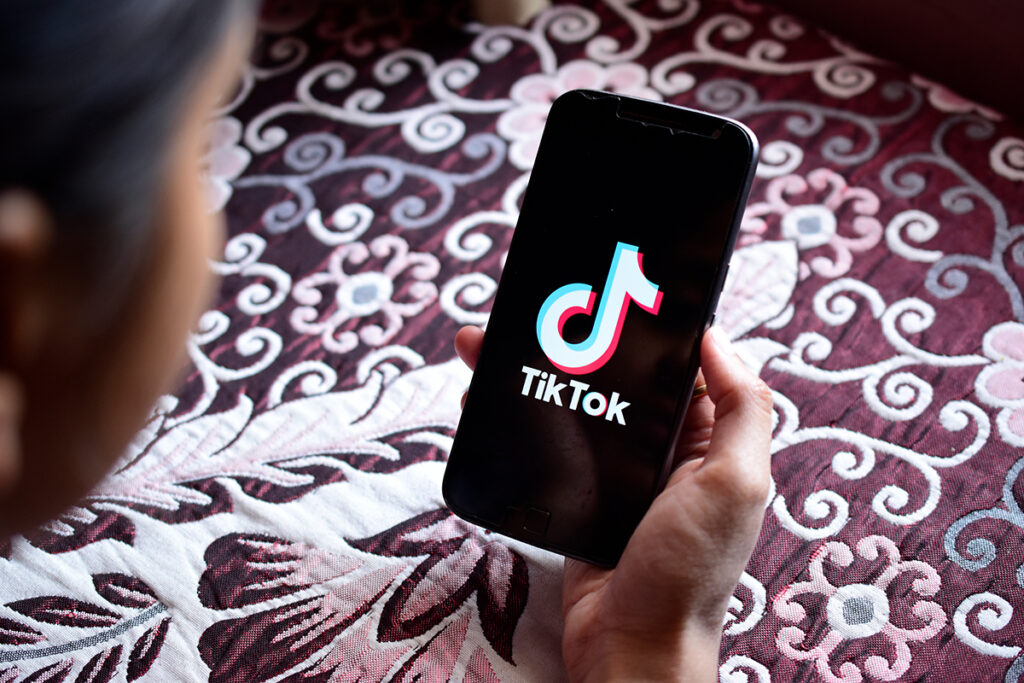In a move that shocked 200 million users, India abruptly banned TikTok and several other Chinese apps in June 2020 following a violent clash on the India-China border. This ban left a massive user base grappling with the sudden loss of their favorite platform for creativity and entertainment.
Despite the initial confusion and anguish, Indian TikTokkers quickly adapted, seeking alternative platforms to showcase their talents and connect with audiences. The ban created a multibillion-dollar opportunity, with American tech companies seizing the moment to introduce new offerings to fill the gap left by TikTok. Instagram launched Reels, Google introduced YouTube Shorts, and homegrown alternatives like MX Taka Tak and Moj also saw a rise in popularity.
While many creators successfully transitioned to these new platforms, not everyone was able to rebuild their following. Some struggled to replicate the reach and engagement they had on TikTok, highlighting the unique challenges of rebuilding an audience in a competitive digital landscape.
Despite concerns about TikTok’s data collection and potential Chinese government influence, the ban in India did not significantly change the cybersecurity landscape. Experts suggest that unless there is a fundamental shift in user awareness about the software they use, cybersecurity threats are unlikely to decrease significantly.
The ban also raised questions about the impact on content creators and influencers. While some were able to adapt and thrive on new platforms, others slipped into a “deep, dark space” and struggled to regain their footing. The ban underscored the precarious nature of influencer careers tied to the fortunes of a single platform.
One of the unforeseen challenges of the ban was the impact on mental health. Many users and creators faced emotional distress and struggled with the sudden loss of their online community. The ban served as a stark reminder of the emotional attachment people can develop to digital platforms and the profound impact their removal can have.
Despite the ban, concerns about content and disinformation persist. Experts note that issues like deepfakes and misinformation remain prevalent, with or without TikTok. The removal of TikTok has not insulated India from these threats, highlighting the complex nature of the digital landscape and the challenges of regulating online content.
India’s ban on TikTok offers valuable lessons for other countries grappling with similar challenges. It demonstrates the resilience of users in finding alternative platforms and the importance of a diversified digital strategy for content creators and influencers. The ban also underscores the need for robust cybersecurity measures and greater user awareness about the apps and platforms they use. As the digital landscape continues to evolve, these lessons will remain relevant for policymakers, tech companies, and users alike.


